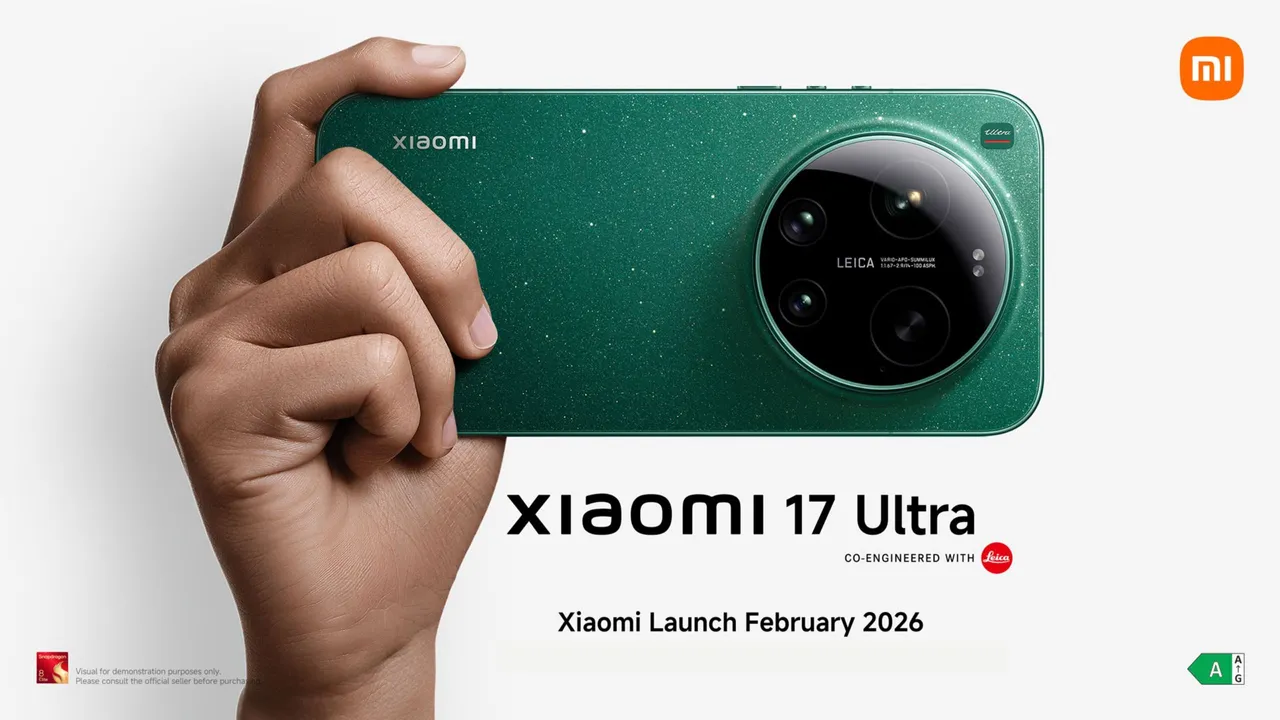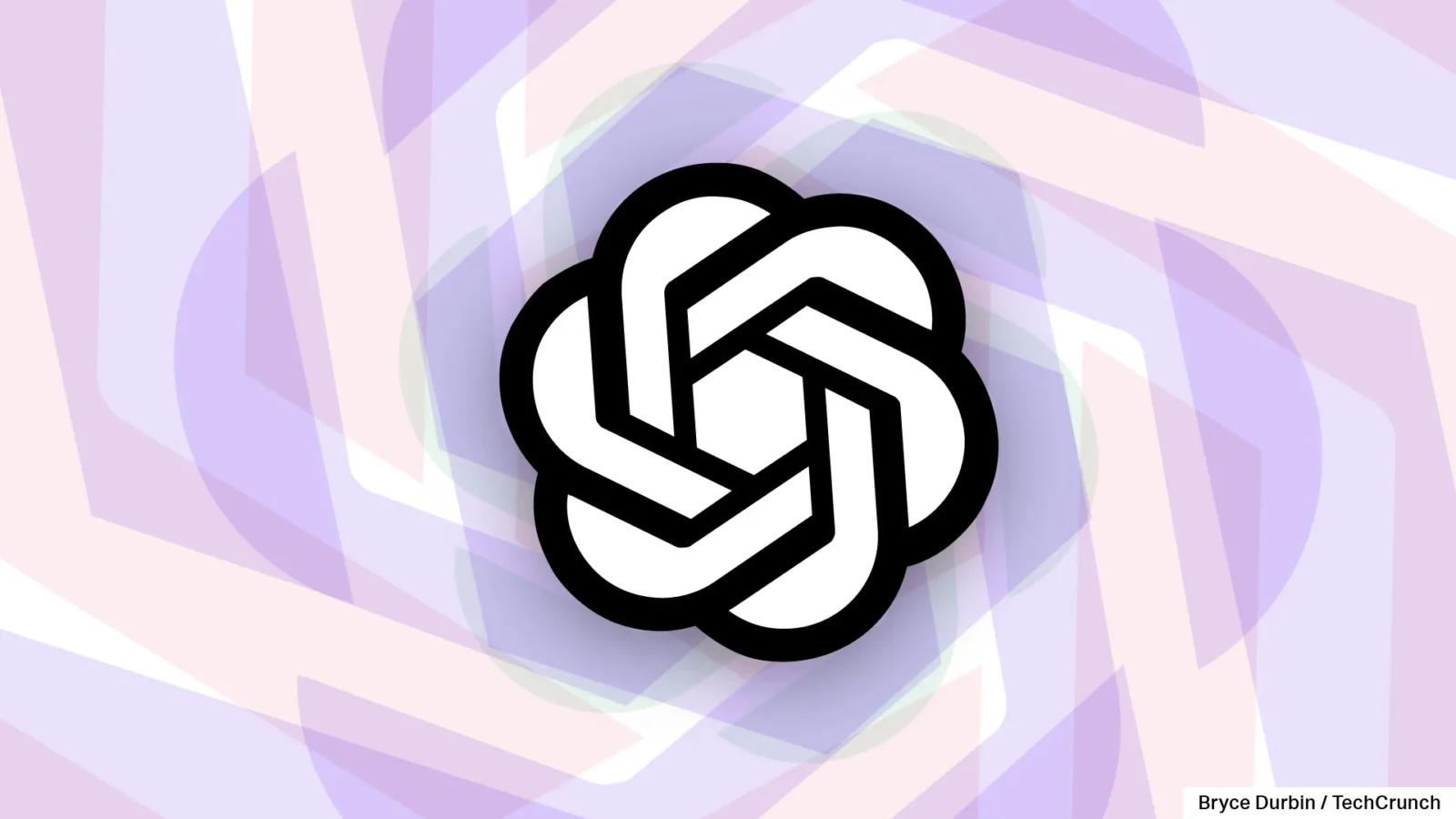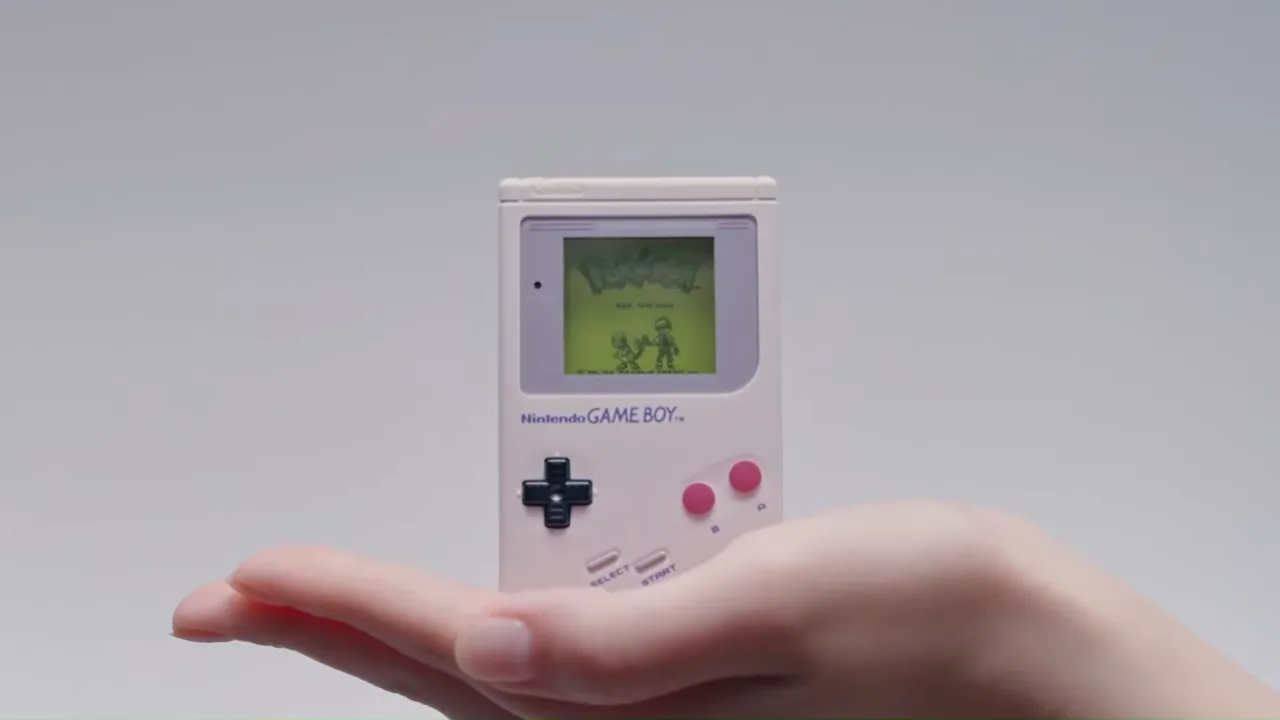Google has rolled out Gemini 2.5 Flash, an update aimed at making its AI responses more coherent, structured, and useful. Available now through the Gemini app, the release focuses on clearer answers, stronger visual handling, and improved efficiency.
One of the most noticeable changes is how responses are presented. Instead of dense blocks of text, Gemini now organizes information with headers, bullet points, and tables. This formatting makes it easier to parse complex answers and follow step-by-step explanations. For anyone using Gemini to study or tackle research-heavy tasks, the difference should be immediately noticeable.
The update also extends Gemini’s ability to process visual input. Users can upload diagrams, handwritten notes, or study materials, and the model can summarize key points, generate study guides, or even convert content into flashcards. This emphasis on visual analysis points to Google’s effort to make Gemini a more practical tool for students, educators, and professionals who work with non-text resources.
Gemini 2.5 Flash just got a few new updates:
— Google Gemini App (@GeminiApp) September 25, 2025
You'll see enhanced step-by-step help for homework, better-organized responses, and improvements in image understanding. Here’s a breakdown of what’s new pic.twitter.com/Pzv2mYNwKB
For developers, Google is opening previews of Gemini 2.5 Flash and a lighter Flash-Lite edition within AI Studio and Vertex AI. These versions allow developers to test new features, experiment with performance changes, and provide feedback before the general rollout.
Under the hood, efficiency has been a major focus. Gemini 2.5 Flash is now twice as token-efficient as earlier versions, meaning it can produce the same amount of content with fewer tokens. That translates into faster responses, reduced latency, and potential cost savings for enterprise users. Google reports a modest but meaningful performance boost—about 5%—in scenarios where the model needs to connect multiple steps or tools, which should improve reliability in real-world use.
Flash-Lite, meanwhile, has been tuned to provide concise answers while handling more complex instructions. It also shows gains in translation, image recognition, and audio transcription—areas where lighter models often struggle.
Google hasn’t confirmed a full release schedule, but with developer previews already in circulation, these changes are likely to reach a broader audience soon. For now, Gemini 2.5 Flash represents a step toward making AI interactions more practical and less frustrating, especially for users who rely on clarity and speed.







